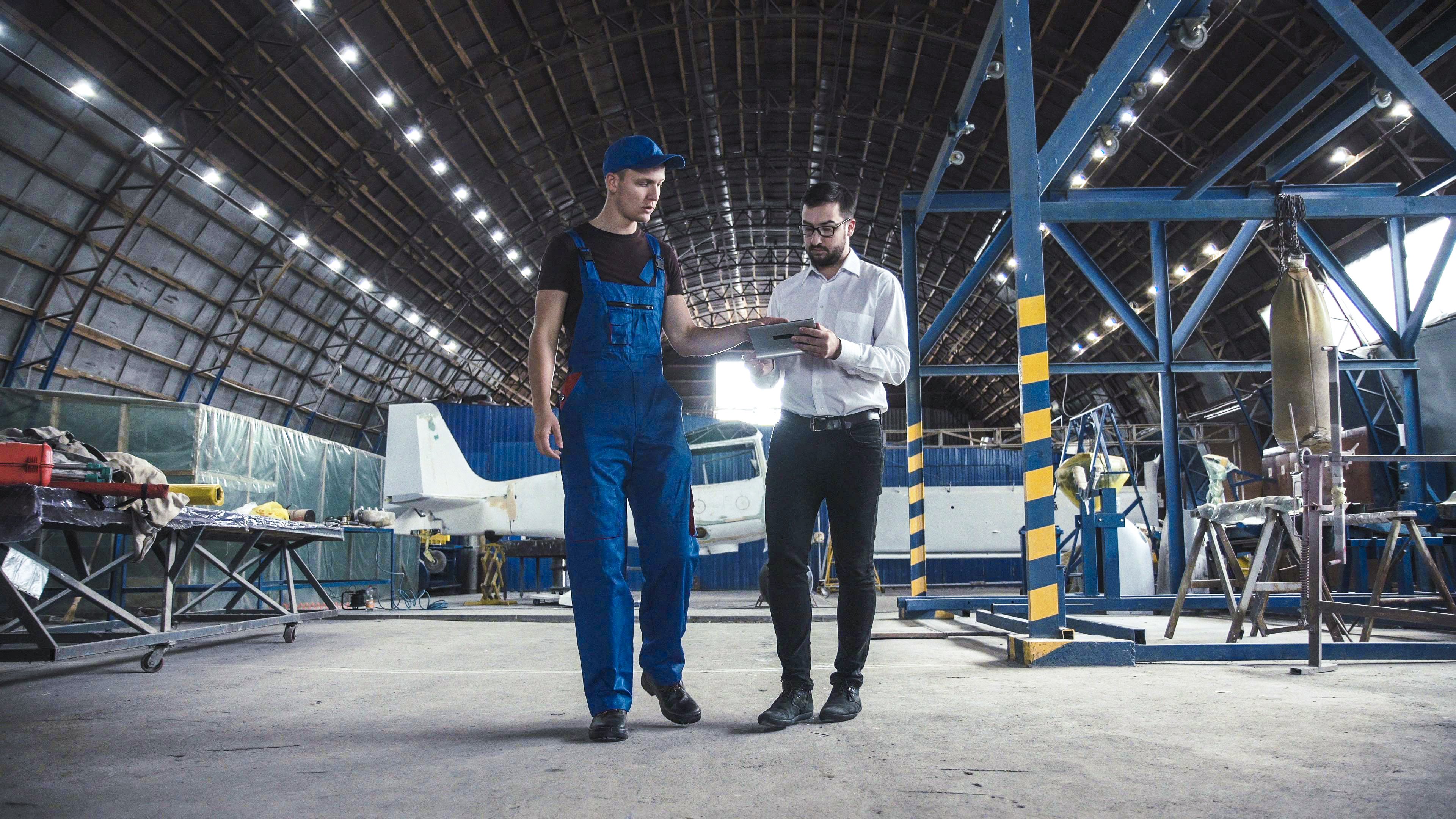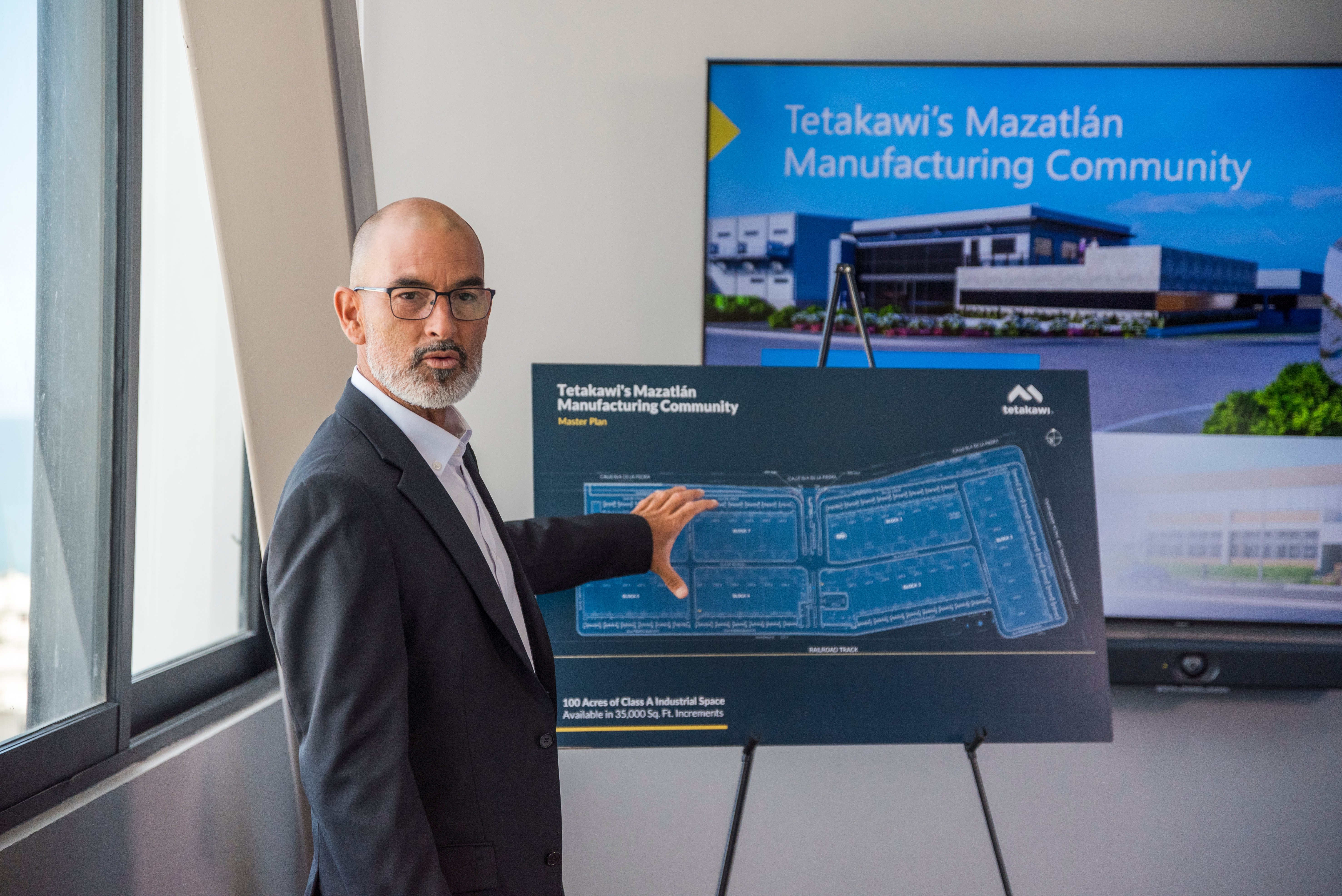Amidst the evolving landscape of global supply chain management, companies are increasingly exploring the advantages of international production. With challenges ranging from logistical disruptions to geopolitical tensions, businesses are seeking strategies to optimize their manufacturing operations.
Mexico emerges as a strategic destination for international production, offering proximity to major consumer markets like the United States along with cost-effective manufacturing solutions. Through partnerships with shelter service providers, companies can establish their presence in Mexico swiftly and efficiently, leveraging the benefits of nearshoring while maintaining control over their production assets.
The rise of international production reflects a paradigm shift in how companies approach global manufacturing, prioritizing resilience, agility, and cost-effectiveness in an interconnected world.
Contract manufacturer versus shelter company
As international law firm Harris Bracken noted in a recent blog post, one of the issues its lawyers face with clients interested in manufacturing in Mexico is a lack of understanding about how the shelter program works. Shifting models, as well as countries, can be daunting to companies with experience in contract manufacturing.
In that same blog post, Tetakawi Executive Vice President of Business Development Eduardo Saavedra explained a shelter company as a legal entity with an established place of business in one or more locations in Mexico. The shelter service provider is registered, licensed, and compliant with Mexican governmental laws and regulations that apply to manufacturing activities. These companies provide the legal framework for a foreign manufacturer, allowing that foreign company to operate in Mexico without establishing its own standalone operation.
Most importantly, a shelter company is not a contract manufacturer. It doesn't own equipment or other manufacturing assets, it doesn't run production lines, and it doesn't hold any claim to a manufacturer's intellectual property. In its simplest form, a shelter company serves as a legal entity responsible for compliance and assuming risk for the manufacturer. However, shelter providers also may provide a range of other services, from leasing industrial real estate or site selection to human resources support; compliance/assistance with labor, taxes, environmental, health and safety, and other Mexican laws; and services related to importing and exporting. Manufacturers often have the option of just working with a shelter service provider for startup support, while others pursue a long-term arrangement that lessens the administrative and regulatory burdens and risks of operating in a foreign country.
The big advantage this arrangement offers foreign manufacturers is that, unlike with third-party manufacturing, the foreign company maintains full control over production assets, and production functions.
Advantages of shelter companies
As Eduardo Saavedra elaborated in a subsequent blog for Harris Bracken, the control over production allowed by the shelter service arrangement is one of its biggest draws for companies that have previously operated in China with a third-party manufacturing firm. Because shelter companies do not manufacture themselves, there is no sense of competition with their foreign clients. This has been a problem for many companies that have engaged in contract manufacturing in China.
Under the umbrella of the shelter program, foreign clients own and control all intellectual property, production assets, and quality control processes. The foreign company has full oversight on product consistency and quality. An added quality benefit for many U.S.-based manufacturers is, of course, proximity. A brief flight into Mexico allows executives to more frequently and cost-effectively check in on production processes as compared to traveling to China.
The shelter service model does share some additional benefits with contract manufacturing. It speeds the startup process, as the shelter company can rapidly navigate permitting and other administrative requirements needed to get a new manufacturing operation off the ground. In some instances, companies who elect to work with a shelter service provider can set up their own factory in Mexico in as little as 30 days. A shelter service company also arms foreign companies with local insight. These companies can serve as valued liaisons in navigating local hiring norms and establishing competitive wages, among many other challenges.
Finally, the shelter company model helps companies keep costs low. Manufactured goods are a key part of Mexico's economic output and a large source of employment in the country. There are ample tax incentives at the federal and state level, but you need to know where to look and how to apply. Shelter companies can help foreign clients through this process and negotiate for the biggest benefits possible.
The tipping point
As Harris Bracken points out, the growing push of tariffs on Chinese goods with rising shipping costs, supply chain risks, and geopolitical tensions, all occurring at once, many companies have reached the tipping point for moving manufacturing operations out of China. While it may seem daunting to operate under a new model, in addition to navigating another country's unique regulations and requirements, the beauty of the shelter model is that it affords manufacturers with a knowledgeable partner on the ground right from the beginning.
If you're ready to move your operations into Mexico and move your business into the future, Tetakawi can help. Contact us today.
Subscribe
Sign up and stay informed with tips, updates, and best practices for manufacturing in Mexico.






